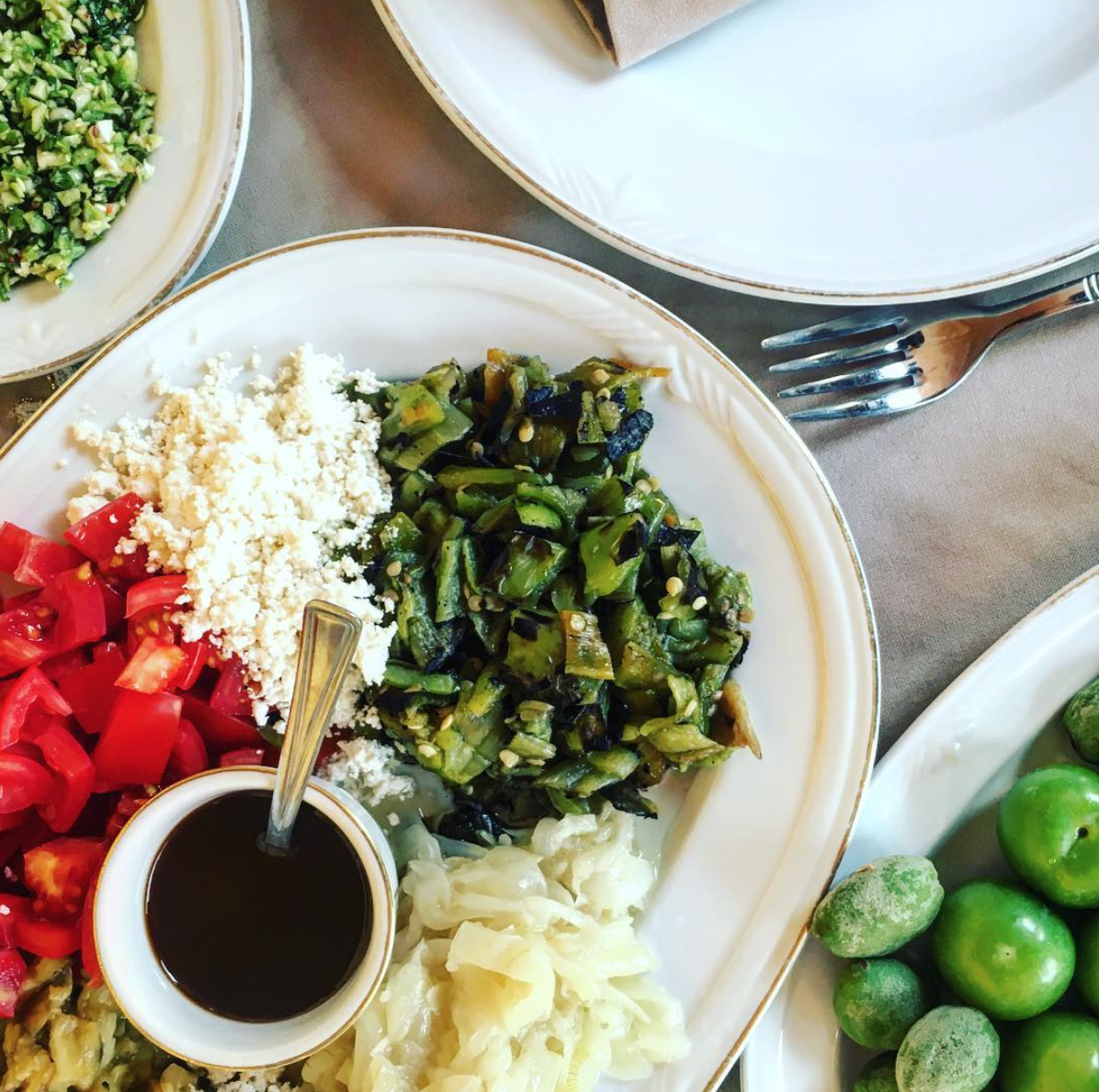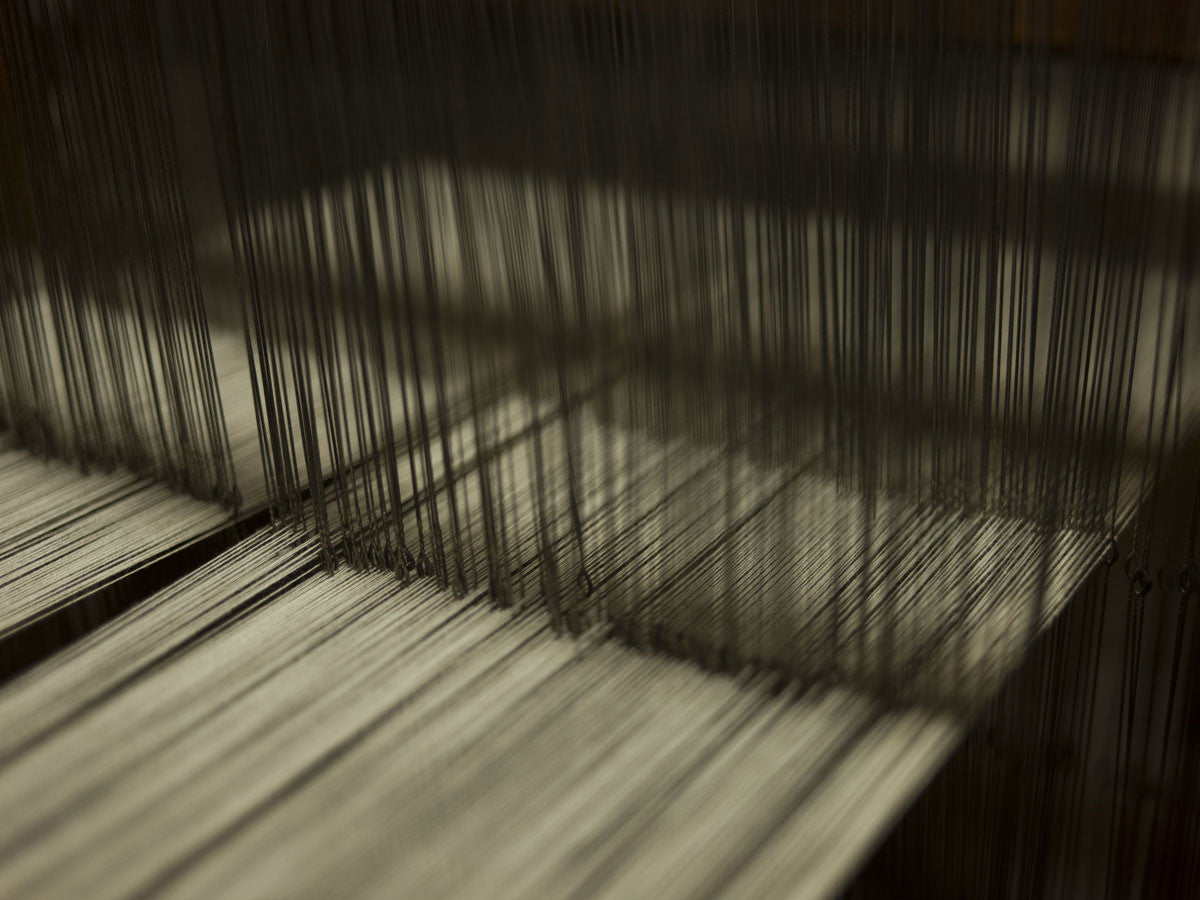
BULDAN, TURKEY
Travel Notes
The Denizli province, including the village of Buldan, is deeply rooted in Turkey's rich textile cultural legacy with quality cotton grown in the area for the expert weavers to craft their wares, including peshtemal towels which originate from the region. The abundant mineral springs throughout the area allowed it to develop as a prominent spa destination from Roman times until today. The relics and ruins of these settlements set within the otherworldly landscapes, such as the UNESCO World Heritage site Pamukkale, are associated with these healing waters, and can still be enjoyed by travelers in the here and now.
Lira
Time Zone
Eastern European
Turkish
Local Cuisine
Turkish
February - June
Dress Code
Cotton Tunics and Sabahs
WHERE TO STAY

RICHMOND PAMUKKALE THERMAL
Karahayıt 20290
Pamukkale - Denizli, Turkey 20290
+90 258 271 42 94
UMIT THERMAL RESORT & SPA
Eski Aydın yolu Hasköy - Tekke
Köyü Yolu Üzeri 9 km. Kokar Hamam Mevkii
Sarayköy - Denizli, Turkey 20020
+ 90 258 426 11 01
MELROSE HOUSE HOTEL
Pamuk Mahallesi
Vali Vekfi Ertürk Cad. No 8
Pamukkale - Denizli, Turkey 20280
+ 90 258 272 22 50
WHERE TO DINE
MUHTARIN YERİ
Göl Aile
Buldan Yaylası
Buldan - Denizli, Turkey 20400
+90 258 439 10 12
ALIŞ RESTAURANT
Mehmet Akif Ersoy Bulvarı No. 25
Pamukkale - Denizli, Turkey 20190
+90 258 272 22 27

WHERE TO SHOP

WHAT TO VISIT
THERMAL POOLS
PAMUKKALEPamukkale - Denizli, Turkey 20190
KARAHAYITKarahayit Mahallesi
Pamukkale - Denizli, Turkey 20190
ARCHEOLOGICAL SITES
HIERAPOLISPamukkale
Pamukkale - Denizli, Turkey 20190
Yenicekent
Yenicekent - Denizli, Turkey 20451


The Objects
Exclusive Edition 012 Buldan Peshtemal Towels
The peshtemal towel is synonymous with Turkish bathing culture. The thinly woven sheet is widely used in hamams and bath houses around the world, but has become increasingly popular around the world for its durability and ability to absorb water quickly.
The Story
A WEAVER'S VILLAGE
The sound of the loom is the signature song of the town of Buldan, a well-known weaver's enclave in the inner Aegean region of Denizli, Turkey where the tradition is believed to date to Roman times as far back as 800 BC. For much of the past, cotton sourced from nearby fields traveled into the village where nearly every home had a hand loom and at least one family member contributing to the making of local peshtemal garments and towels. Today, much of the work is done by modern machines in large, regional factories, while only a small group of weavers, from ages twenty to ninety-three, continue to make the homespun creations by hand or by mechanized work benches.




